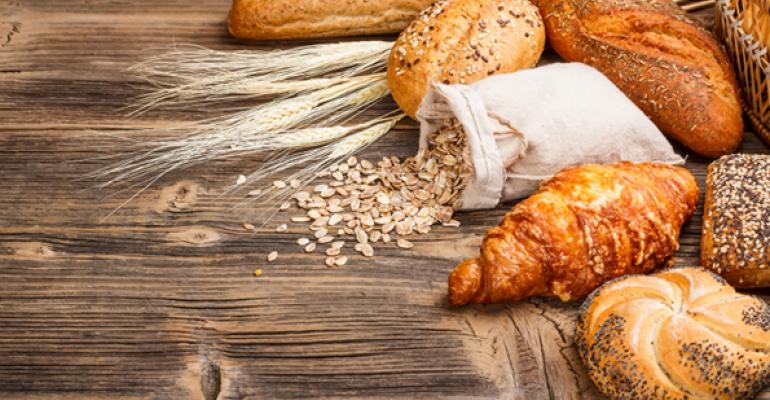 Low-carb diets might not be getting the media attention they received a decade ago, but they remain as popular as ever, and could be having an impact on the restaurant industry.
Low-carb diets might not be getting the media attention they received a decade ago, but they remain as popular as ever, and could be having an impact on the restaurant industry.
Iobotta, an online marketing and retail loyalty company, surveyed its users and found nearly a third of them have some kind of dietary restriction. The most popular restriction? Low-carb diets — 18 percent of its users cut down on carbs.
The survey also found that 16 percent are on high-protein diets, 9 percent are gluten-free and 4 percent said they are on the protein-heavy Paleo diet. While there is clearly a lot of overlap among the different groups, the survey still suggests that a large number of Americans, perhaps one out of five, are cutting back on things like bread and pasta.
That could help explain a recent curiosity in the restaurant business: The weakness at Italian chains and those that serve a lot of noodles.
Italian chains have been underperforming their respective markets, for the most part. Bravo Cucina Italiana saw same-store sales fall 3.9 percent in the fourth quarter. Its sister concept, Brio Tuscan Grille, reported a 4.2-percent decline in the period.
Likewise, Macaroni Grill reported a 2.8-percent decline in same-store sales at the end of last year and was struggling so much that its owner sold the chain for $8 million.
Noodles & Company same-store sales rose 1.3 percent in its fiscal fourth quarter, but that was the weakest performance among publicly traded fast-casual chains. The company is now introducing noodle-free options in part to satisfy the low-carb crowd.
Meanwhile, steak chains appear to be performing remarkably well in spite of higher prices. Outback Steakhouse, LongHorn Steakhouse, Ruth’s Chris and Del Frisco’s Double Eagle Steak House, as well as meaty concepts like Texas Roadhouse, all reported strong sales in their most recent quarters.
To be sure, some Italian chains have performed better more recently. Olive Garden’s same-store sales rose 2.2 percent in its fiscal third quarter ending Feb. 22 — though its traffic fell each month in the period, including 3 percent in February.
And low-carb diets have been around for years, including many in which sales at pasta chains were performing fine. They were also around in 2013 when Krispy Kreme Doughnuts Inc. was enjoying some quarters with double-digit sales increases. Krispy Kreme famously blamed low-carb diets for some sales weakness back in 2004.
Low-carb diets certainly don’t appear to be hurting, say, pizza chains.
Nevertheless, studies over the years have given the diets more credibility, finding that they help people lose weight more quickly than typical low-fat diets. Cutting out on carbs is now mainstream, not the fad it was a decade ago.
Add to this the recent popularity of low-gluten diets, which we wrote about in November, and you get a market that is less than friendly toward carb-heavy concepts.





